“I say to you that you are beautiful. In the valleys of our hills there are flowers fair and bright, and maidens fairer still; but neither flower nor lady have I seen till now in Gondor so lovely, and so sorrowful. It may be that only a few days are left ere darkness falls upon our world, and when it comes I hope to face it steadily; but it would ease my heart, if while the Sun yet shines, I could see you still. For you and I have both passed under the wings of the Shadow, and the same hand drew us back.”
- J.R.R. Tolkien, The Return of the King

The word “craft” in its old Germanic and Scandinavian forms meant power, strength, might, and even force. Over time, the English language adapted the meaning slightly to include art, skill, and ingenuity in constructing. This word suits that which is a woman’s unique virtue, namely her power and skill to love and care for those God has given her, often at great cost to herself. And while this gentle task may appear weak and humiliating to the world, in reality it is a task unparalleled in its importance. It has the power to bless every aspect of her life and of those within her reach; this ability is a woman’s strength and might. And by cultivating her craft from the deep well of experience passed on to her from previous skillful generations, she ties together the past and present with her own hands. Her craft takes life and makes it more abundant.
Recent
In his famous essay by the same name, Wendell Berry asks the important question “What are people for?” A similar question could be asked about women. And the answer is connected. He makes the point that people are to be degraded and dehumanized in our current culture. Something similar has happened to women. They’ve been removed completely from their proper context and put into boxes - one side says they belong in a career, they ought to look just like men. The other side says they belong in the home and what they do there is limited. The idea that women are human beings has failed to occur to many.
October is Pregnancy and Infant Loss Awareness Month. The 15th of October is the annual day of observance for this type of tragic loss. Emily and Kate decided to dedicate an episode to discussing their own losses and how God grants us the strength and endurance to grieve for our little ones. They also discuss how Scripture gives us the words for expressing our deep sadness and helps all of us comfort one another.
We ought to practice some discretion and recognize that not being Penny Pinterest is not a sin. Moderation in all things. We don’t need permission to sit down for a rest, to spend a quiet moment with a good friend, to take a shower that lasts longer than four minutes. Taking care of our own bodies and souls is not simply today’s poorly termed “self-care”. It isn’t a form of the hilarious and obviously excessive “Treat-Yo-Self” practice from that popular TV show. It’s appropriate and proper for both the woman and those the woman is caring for. Rest is as necessary and good as the work we must do.
I would guess that if you’re a Christian parent during these troubling days, there is one question you have definitely struggled with: How do I introduce smart phones, social media, and screens in general to my kids? I know you’ve asked this question because every parent I talk to wonders about it, whether her child is three years old or fifteen. The problem is not going away and there is no easy solution.
You probably have most of the menu planned for your epic Thanksgiving dinner this week. But if you’re staring at your sourdough starter over there in the corner on your countertop wondering what you might make with it besides bread, I have three great suggestions for you.
The difference, though, between the birth of a child and nearly all other medical events, is that giving birth is a natural process that a woman’s body is built for. Unlike a disease, a broken bone, cancer, or a heart attack, becoming pregnant and giving birth is something every healthy woman’s body aims to achieve on a monthly basis. Entire organs and systems within her body exist to build and nurture new life. Pregnancy and childbirth aren’t maladies. Rather, these incredible experiences are the healthiest possible expression of a woman’s liveliness.
The meal’s place in the life of a family and a community must be guarded as a sacred event.
Look at your life. Examine your habits. Honestly assess that nifty little screentime function on your phone. Have you made the changes you want? Have you decreased the overall time you spend looking at a screen every day? If you haven’t, and you have the desire to change that, this is for you. Here are four steps to help you reduce your daily screentime.
Shannon and Katie share their favorite pieces of advice for baking with a sourdough starter and the recipes that have worked best for them.
Baking bread renews and generates humility in my prideful heart. It is difficult to make good bread by hand and it requires great attention to someone else’s word and to the dough. Mastery takes patience, care, and a good bit of failure.
There is wisdom beyond measure in a woman learning from other women what has been passed down since time immemorial.
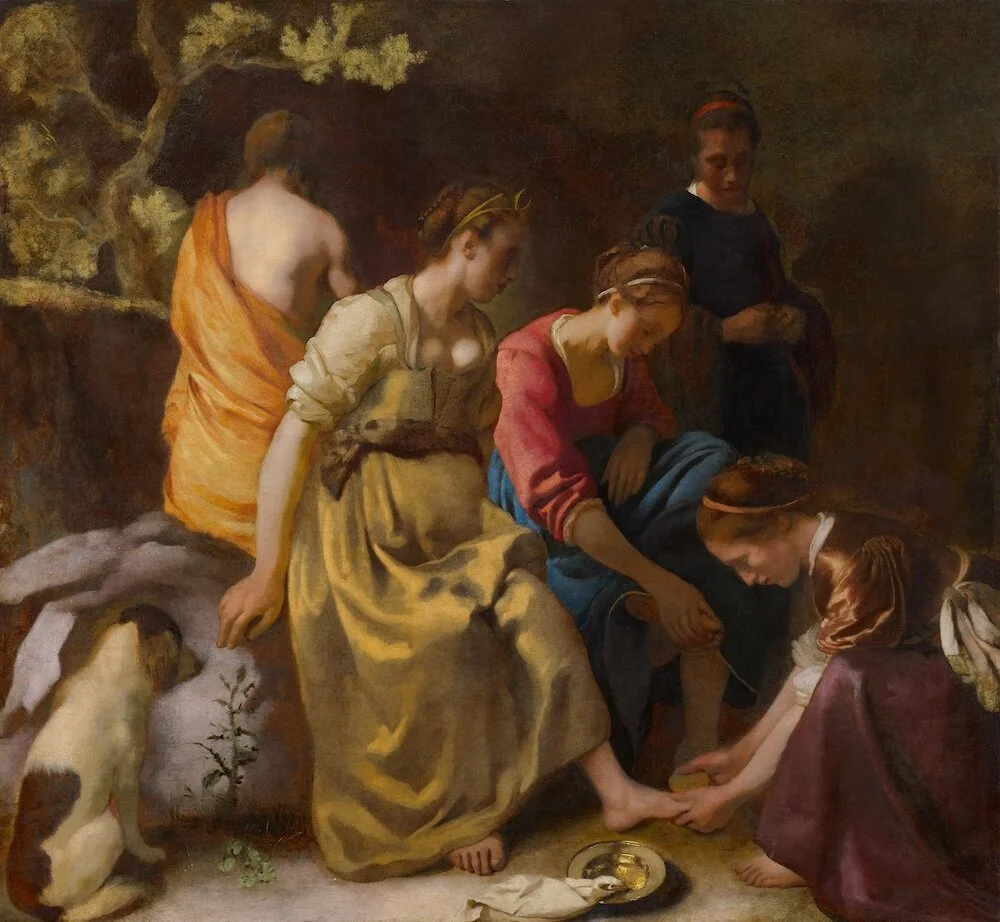



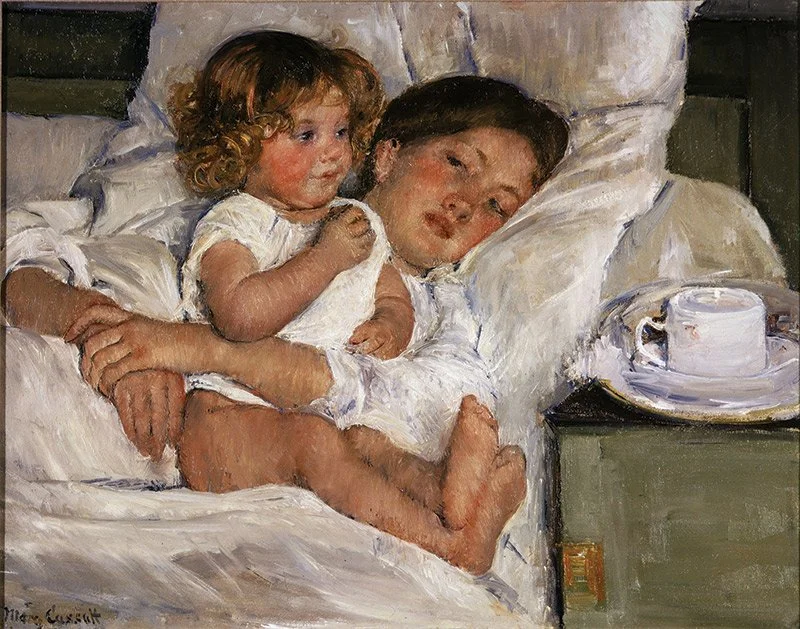
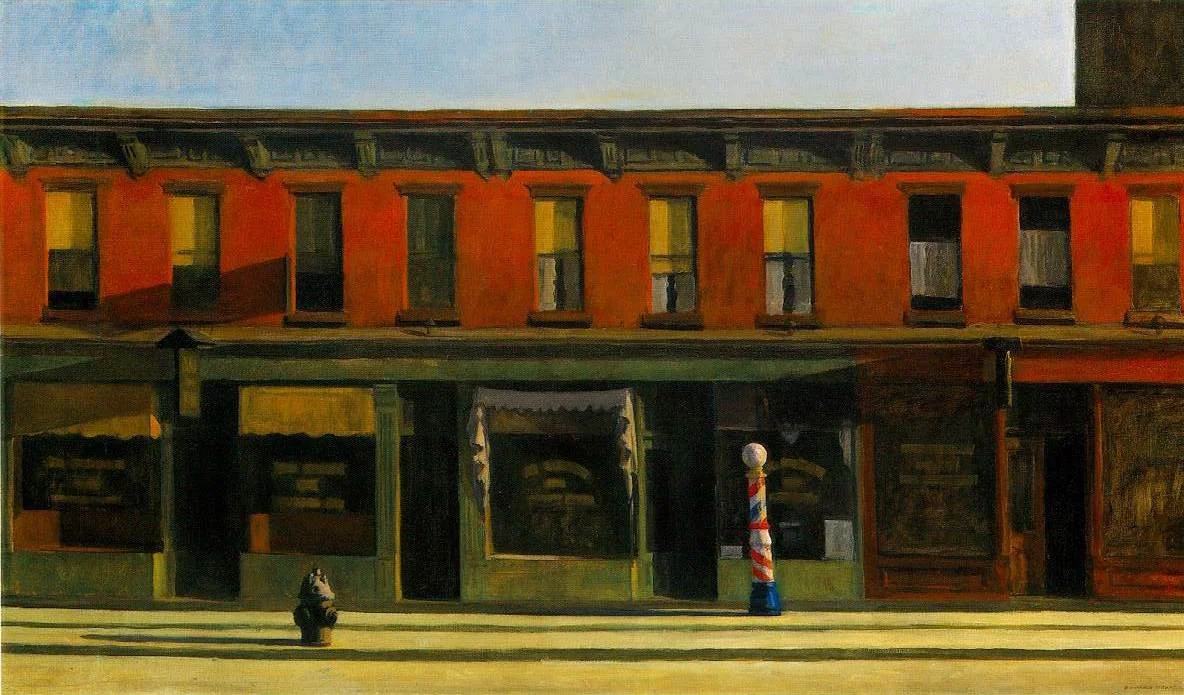
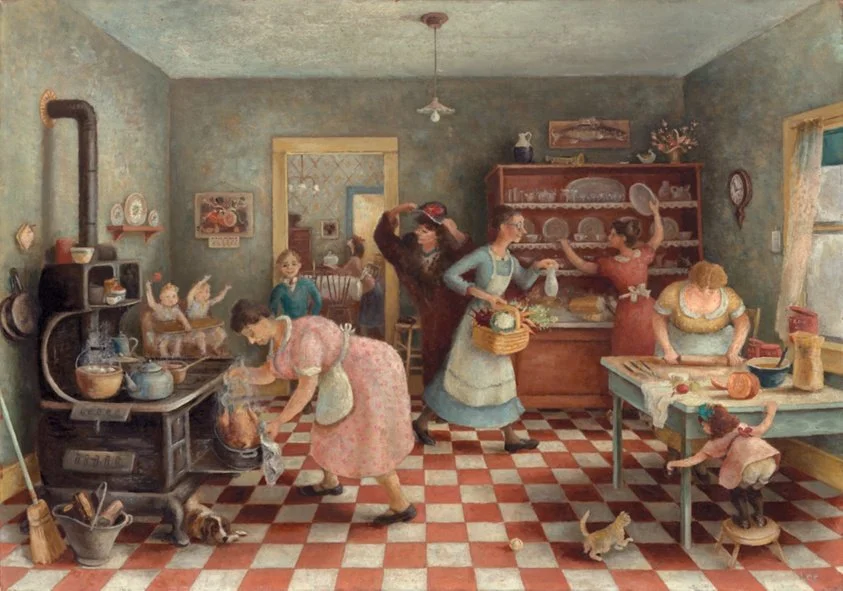




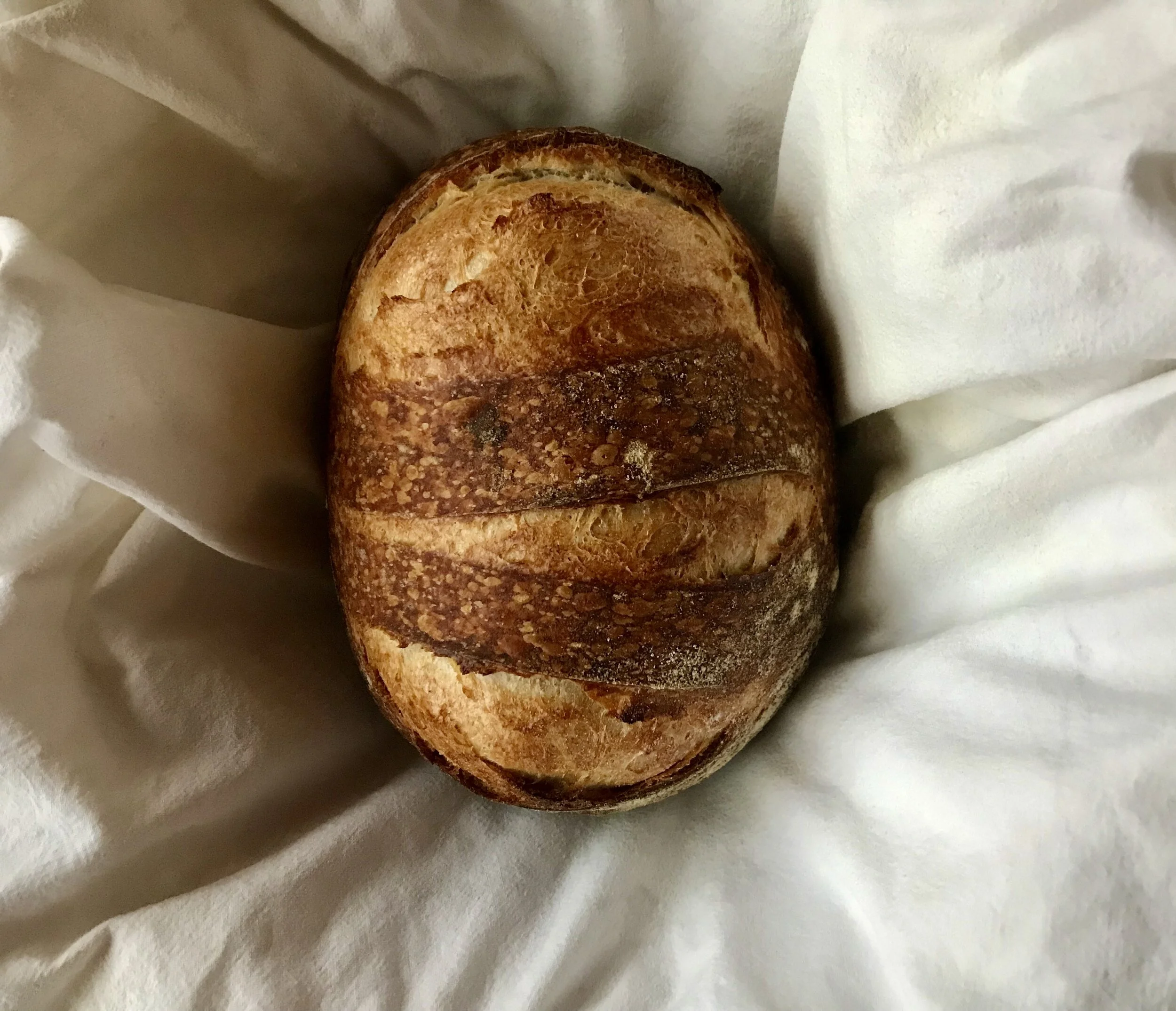

Emily and Katie discuss the transformational nature of motherhood. It is a new identity given to each woman. It is not easy, but neither is it a burden. The discussion comes to focus on the increasingly negative view of motherhood in America as a tremendous burden and miserable "career"; as a "gauntlet", a torture, and a daunting task. Emily remembers her own similar feelings when early on in motherhood and Katie describes the transformation she experienced when she became a mother and the true nature of motherhood that modernity has all but squashed in women. Enjoy!